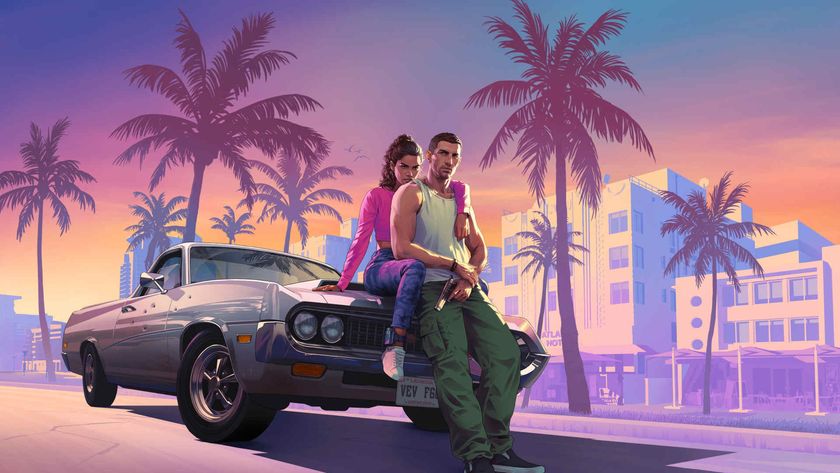Xbox One is the always-online, used-game-killing nightmare we feared
Keep calm and stop asking questions
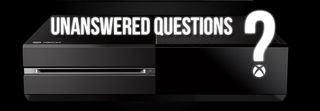
Microsoft's public relations team couldn’t have been looking forward to yesterday's reveal. Sure, the console-maker was likely ecstatic about the event it hosted--exactly one hour of focused, buzzword-filled discussion about Kinect, Game of Thrones, and the mysterious Xbox One. But the moment the cameras went off, things were no longer under Microsoft’s control. Microsoft would have to speak to people, not at them. It would have to answer our questions, and come clean about the secrets it has held so closely for the years leading up to May 21, 2013.
Seriously, they couldn’t have been looking forward to it.
And for good reason: Microsoft knows the answers it has aren’t the ones we want to hear. For months, gamers have been talking about this worst-case scenario situation, painting the unannounced Xbox as amalgamation of every forum-goer's worst nightmares. "Could the system prevent used game sales?" they wondered. "Would it require an always-online internet connection?" they asked. Neither of these questions were answered during Microsoft's event for obvious reasons, but once the lights on the stage dimmed, the questions began.
When asked if the system would be always-online, Microsoft flatly said no. Good news! Soon after, an updated Q&A on the Xbox One website said, "No, it does not have to be always connected, but Xbox One does require a connection to the Internet." Alright, that's confusing, but either way, it's not always online, right? Except it is. In an interview with Kotaku, corporate vice president of Microsoft Phil Harrison said that the Xbox One would require a daily check-in in order to operate. That means if your internet access goes down for more than 24-hours, you won’t be able to play games. That, for all intents and purposes, is only a stone’s throw from always-online. Microsoft is acting that because it’s not literally “always” requiring an internet connection, that it technically isn’t “always” online. It’s just... often online. Usually online. Most of the time online.
This same spin has been hurdled towards preventing used game sales, another point of gamer contempt. At first, Wired was told that every single game will need to be installed onto the Xbox One, and that installing it onto another system would bring with it a small “Pre-owned fee” of some kind. Later, Harrison clarified this with a caveat: that this fee would be the entire cost of the game. So, in other words, you can put a used game in the system, but if you're not logged in with the account that redeemed the one-time-use code that came with the game you'll need to buy the game again to get it to work. Huh?
I don't know about you, but that sure sounds like a console that doesn't play used games. I mean, technically it can, in that you could spend $40 on a used game at GameStop, and then pay another $60 once you install the game to make it play, but that's not actually how things work. With that act, Microsoft is absolutely attempting to kill the used game market.
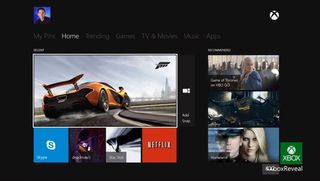
But, again, instead of providing additional information, Microsoft thought that changing the question would be a better solution. “While there have been many potential scenarios discussed,” Xbox’s Larry Hryb posted on his blog, “today we have only confirmed that we designed Xbox One to enable our customers to trade in and resell games at retail.” But that... doesn’t actually say anything. You can try to sell almost anything--no one is going to stop you. Thing is, if the game doesn’t function, no one is going to buy it. Again, Microsoft is playing a semantics game, and acting as though rewording the problem is a solution. It has since confirmed that it'll have some solution in place, possibly by allowing people to buy and sell games through Xbox Live, but the details haven't been fully worked out.
Sign up to the 12DOVE Newsletter
Weekly digests, tales from the communities you love, and more
Microsoft is losing control of its message. It went into the May 21 event with hopes of convincing gamers that the Xbox One was the console of the future--the system that the last seven years have been leading up to. It wanted to convince you that your concerns surrounding some sort of mythical "always-on" console were silly, and that your worries about Xbox stopping you from buying and selling games were needless. But now, looking back, that's exactly what we've been given: the Xbox One is a next-gen console that's nearly always-online, with systems in place that will kill used game sales.
If we're wrong on this, and the system isn't everything everyone feared it would be, Microsoft needs to actually say something of substance--something of value. They're saying a lot of things, but there's no direction, and the mixed messages are muddled and hard to follow. Sure, it wants to hold some secrets for E3 so it can have a big, fun show, but it hasn't really afforded itself that option when all indications are that the Xbox One is what everyone was worried about. If nothing else, it needs to reapproach how it sugar coats bad news, because putting things off isn't going to help anyone.
You know that kid at parties who talks too much? Drink in hand, way too enthusiastic, ponderously well-educated in topics no one in their right mind should know about? Loud? Well, that kid’s occasionally us. GR Editorials is a semi-regular feature where we share our informed insights on the news at hand. Sharp, funny, and finger-on-the-pulse, it’s the information you need to know even when you don’t know you need it.
Hollander Cooper was the Lead Features Editor of 12DOVE between 2011 and 2014. After that lengthy stint managing GR's editorial calendar he moved behind the curtain and into the video game industry itself, working as social media manager for EA and as a communications lead at Riot Games. Hollander is currently stationed at Apple as an organic social lead for the App Store and Apple Arcade.
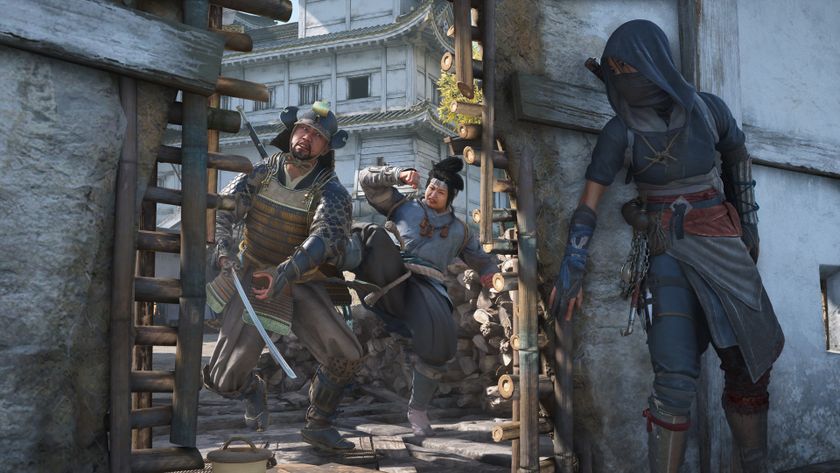
Assassin's Creed Shadows devs "actively looking at" an even harder difficulty mode for the RPG: "How challenging do you want it?"
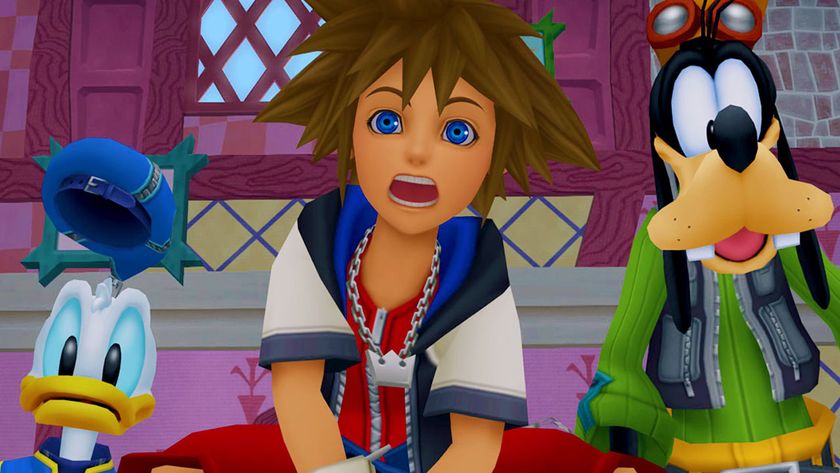
Kingdom Hearts 4 director rears his head 1,085 days after the JRPG's reveal to share a potentially crucial piece of fruit lore that baffles even Square Enix

